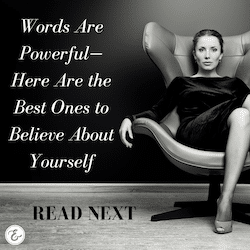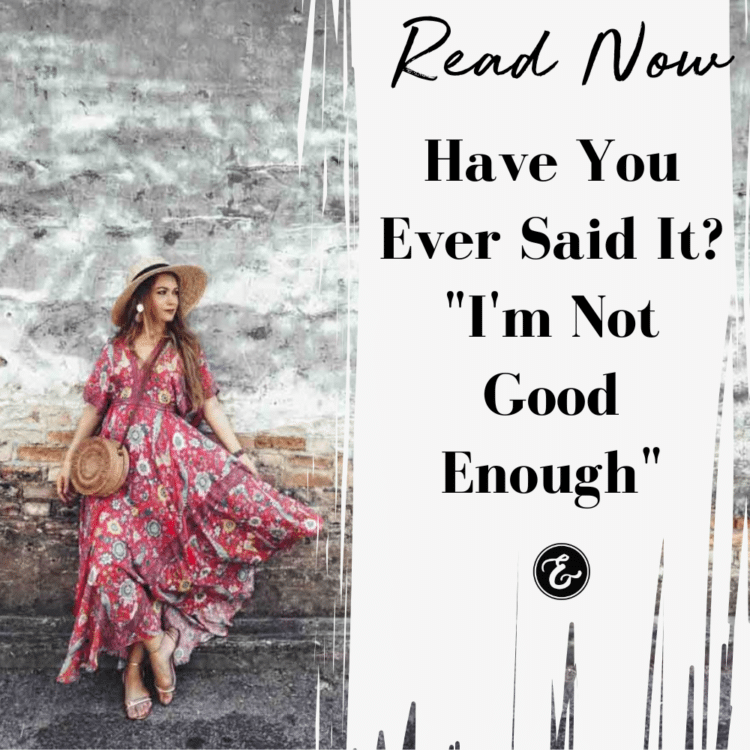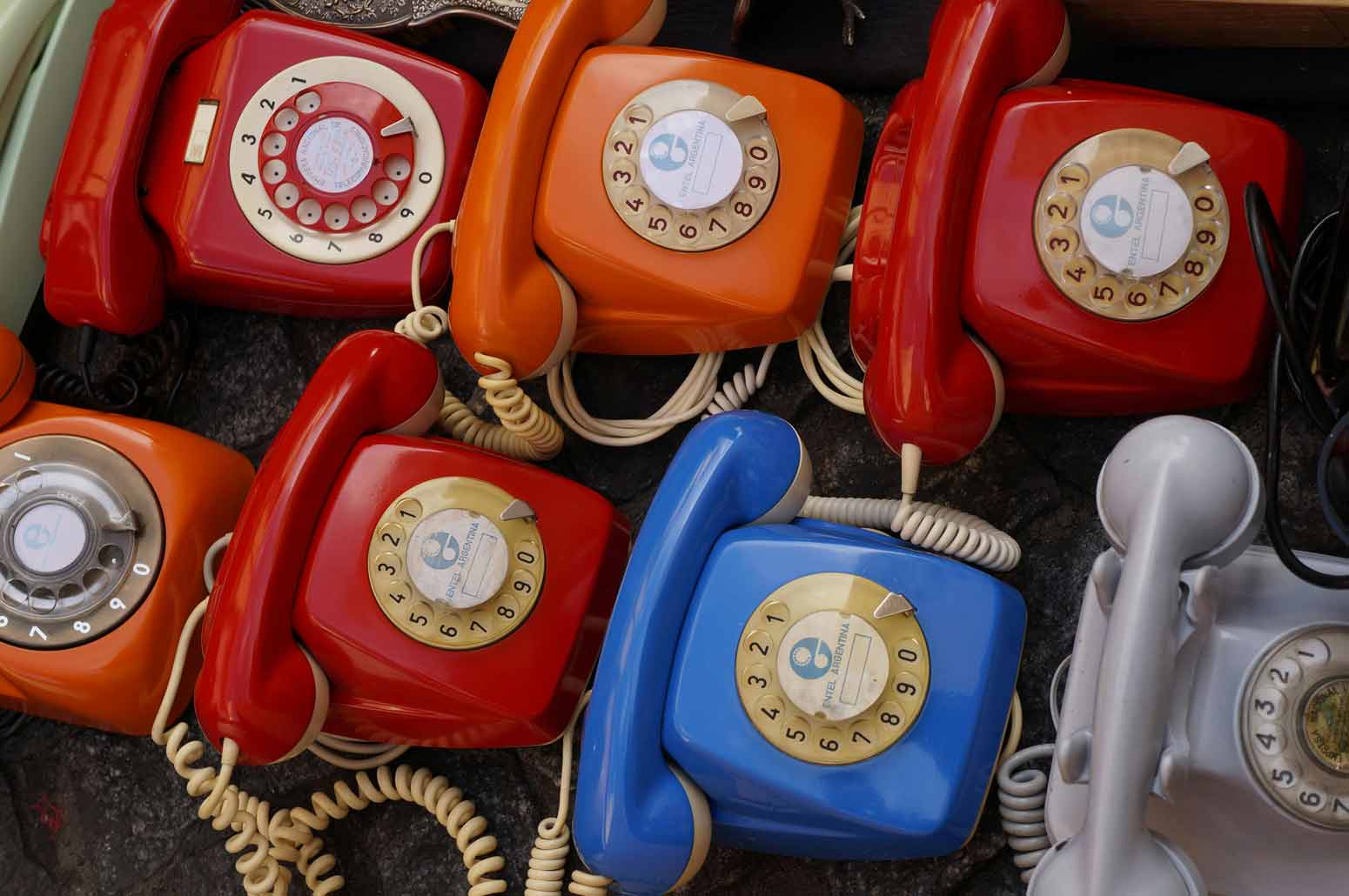“The most powerful stories may be the ones we tell ourselves.” —Brené Brown¹
It wasn’t the loaves of homemade bread she’d bake for our family, the way she’d serve me Ovaltine in bed before school, nor the daily schlepping to swim practices and other after-school activities. These acts of devotion certainly made her a fantastic mother, but what earned her the title of “The World’s Greatest Mom” was largely due to the stories she told. With creativity and ease, her words flowed into dashing tales around similar themes.
There was always a high-stakes rescue coupled with unassuming heroes who overcame weaknesses, flaws, and fears. Even though the settings, outlying characters, and storylines varied each time, the hero protagonists did not — they were always my mom, sister, and myself. Mom’s fantasy chronicles remain archived in my memory bank 30 years later. I try to replicate and re-tell them to my daughters, yet my tales fall flat and don’t hold the same magic as my mother’s.

In their most potent form, they teach us about ourselves, others, and our world. Similar to the impact Mom’s bedtime stories left on my juvenile mind, we’re swayed toward solidarity or empathy with the characters and walk away with newfound knowledge we didn’t possess before. Mindsets, perspectives, and insights change through reading, listening, absorbing, and implementing.
Yet even with all the benefits we may glean, the detriments on the flip side erode the positive, specifically when it comes to the stories we tell ourselves.
The Story I’m Telling Myself
I first heard the phrase, “The story I’m telling myself…” years ago from the famed researcher and author Brené Brown. The saying became a regular part of my dialogue six months later once my husband and I entered therapy together.
At the urging of our therapists to use the phrase as a grounding point to dispel heightened misunderstandings and opinions, we practiced and royally annoyed one another in the process. It didn’t take long to recognize 1) how dysfunctional our communication with one another had become and 2) that much could be distilled down to the words, memories, and beliefs we repeatedly told ourselves.
Brown writes that we can’t change the narratives until “we find out where we are, how we came to that point and where we want to go […]When we reckon with emotion, we can change our narratives. We have to acknowledge our feelings and get curious about the story behind them. Then we can challenge those confabulations and get to the truth.” (For practical steps on how to challenge the stories you tell yourself, read this article).
So then, “The story I’m telling myself…” became a mantra and a gauge to question and sift my assumptions. If they weren’t 100% true and accurate, I promised myself to find ways to let them go in search of a new story.
A decade before “the stories I tell myself” became a tool for healthier communication in my life, I sat inside a humid church gymnasium and listened as the speaker shared this Native American parable:
An elderly Cherokee told his grandson about a battle inside people. He said, “My son, the battle is between two “wolves” inside us all. One is evil. It is anger, envy, jealousy, sorrow, regret, greed, arrogance, self-pity, guilt, resentment, inferiority, lies, false pride, superiority, and ego.”
He continued, “The other is good. It is joy, peace, love, hope, serenity, humility, kindness, benevolence, empathy, generosity, truth, compassion, and faith. The same fight is going on inside you and inside every other person too.”
The grandson thought about it for a minute and then asked his grandfather: “Which wolf wins?”
The old Cherokee simply replied, “The one that you feed.”
I’ve heard variations of this parable since then. In the wellness-based coaching circles I’m a part of, there is an emphasis on the power of mindset, positive thinking, and personal agency. Similar veins are threaded within the scriptures found in my faith. No matter our backgrounds, cultures, or religious beliefs, our lives are shaped by the wolves we choose to feed, or in other words, the stories we tell ourselves.
Which Wolf Do You Feed?
“The Tale of the Two Wolves” highlights our human tendencies to fuel or feed the thoughts or beliefs that appear to be true in the moment.
The bully voices will always point out where we’re failing, how many mistakes we’ve made, and scoff at our missteps. We might allow these stories to keep us stuck, play small, or choose destructive patterns and behaviors. Once we turn these beliefs inward on ourselves, we may carry shame and be faced with the tiresome task of telling ourselves something different.
Alternatively, we become unstoppable when we listen to our inner cheerleaders and recount how we’ve overcome hardships, utilized our strengths and capabilities, and chosen to live out our values.
It’s not easy, nor a one-and-done deal, but ultimately the choice is ours to make. This is the beauty behind telling ourselves new and revised stories.
As it turns out, “the story I’m telling myself” has been a gateway toward learning more about myself and others. As an objective bystander, I’ve witnessed my enormous ability to create inner narratives and tales that aren’t always accurate and warrant genuine questioning. (For if there were ever a prize for imagining false scenarios or potential judgments from others, I might be the winner).
The fact that I don’t have to automatically buy into limiting beliefs like ‘I’m not enough’, or ‘I’m too much’, or ‘If only I had done [blank] instead of [blank]’ continues to free me and extinguish the negative biases I often hold over myself. Along the way, I’ve discovered the ability to alter these stories by reframing and using neuroscience to flex my mental muscles, slowly shifting my way toward a healthier perspective. But it is a process that I still wrestle with daily.
So, what about you – when was the last time you questioned the stories you tell yourself? Looking back, I think my mother’s stories were a primer for teaching me to focus on the times I soared high, faced the impossible, and conquered the odds. Years later, when I asked Mom why the themes of her stories stayed consistent, she replied that she needed the reminder of what’s good and right within herself. After all, don’t we all need to remember the hero within each of us?
—
Speaking kindly to yourself is vital—it’s a form of self-love! Here’s why you shouldn’t hold back:













